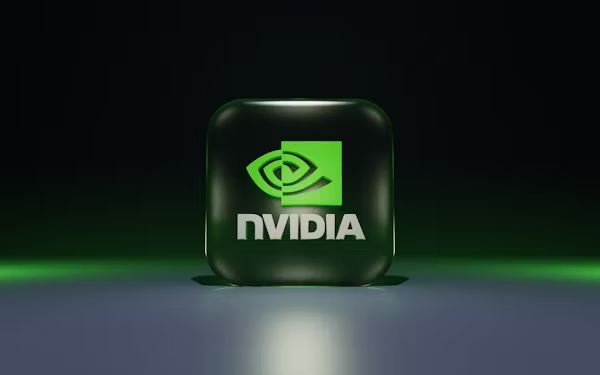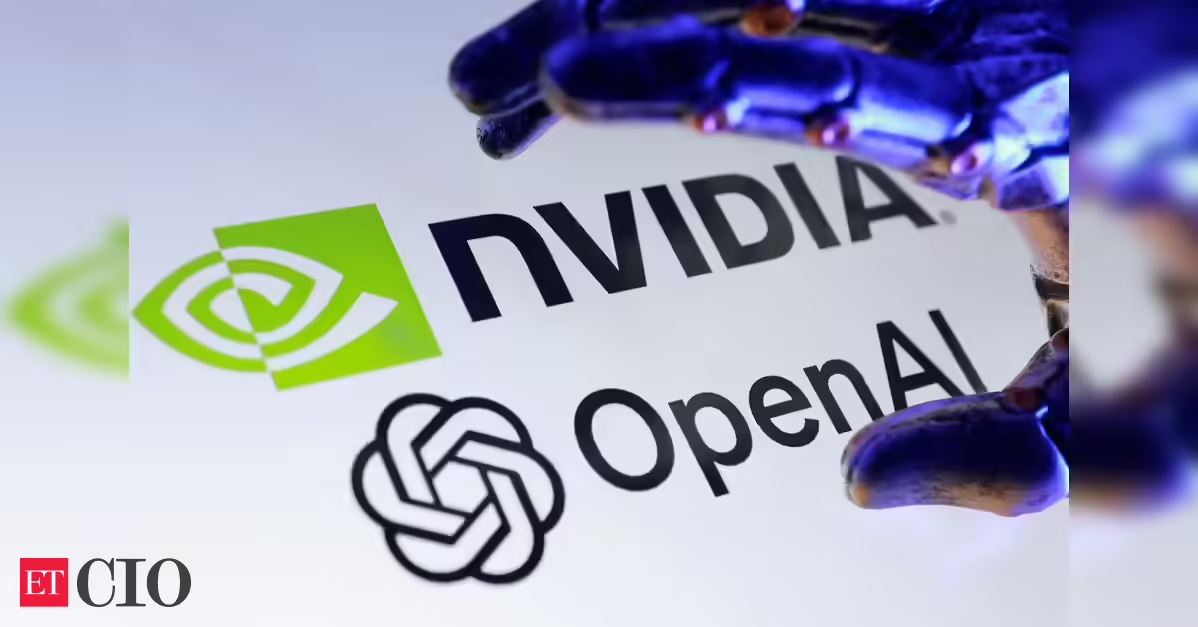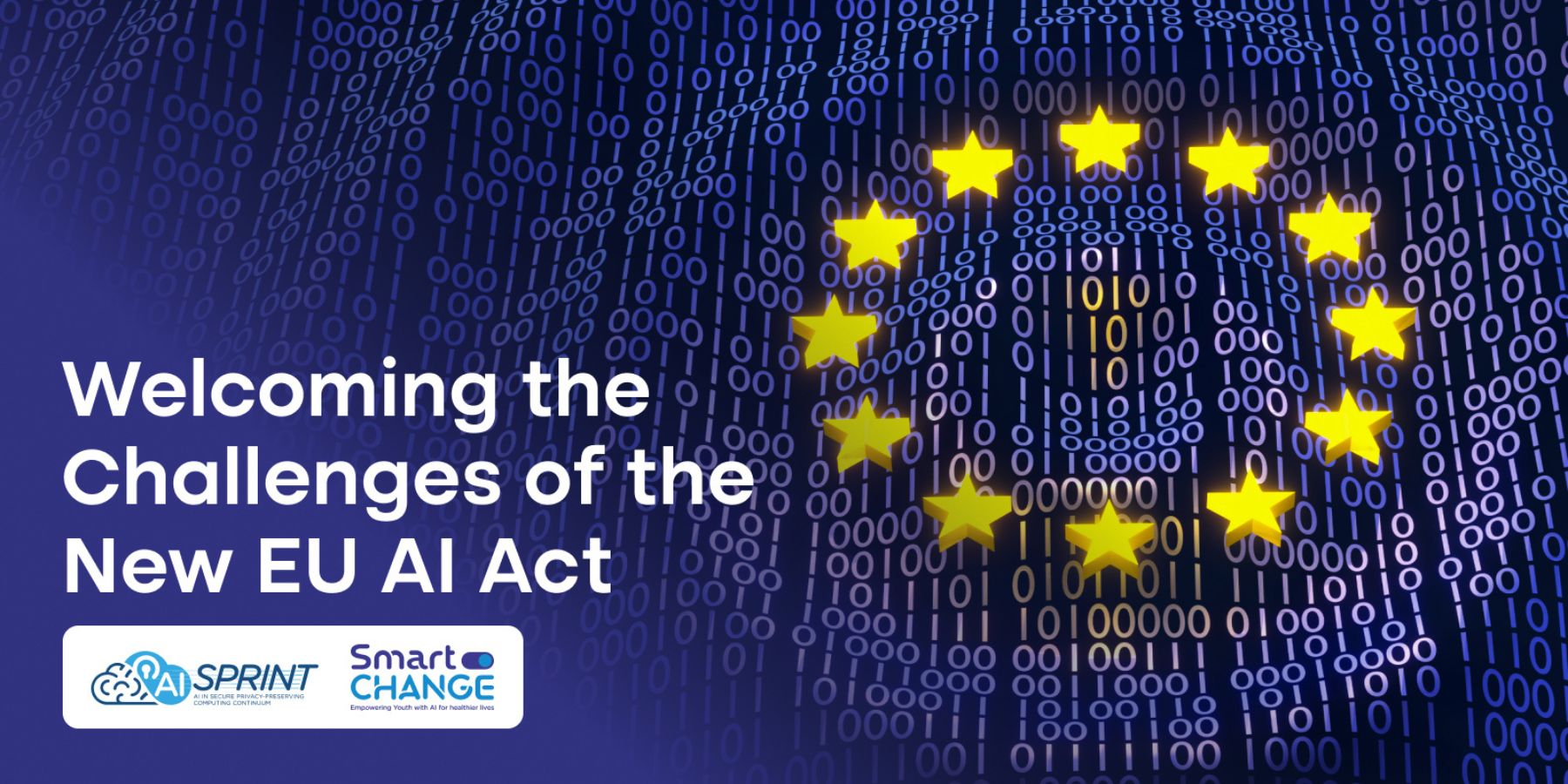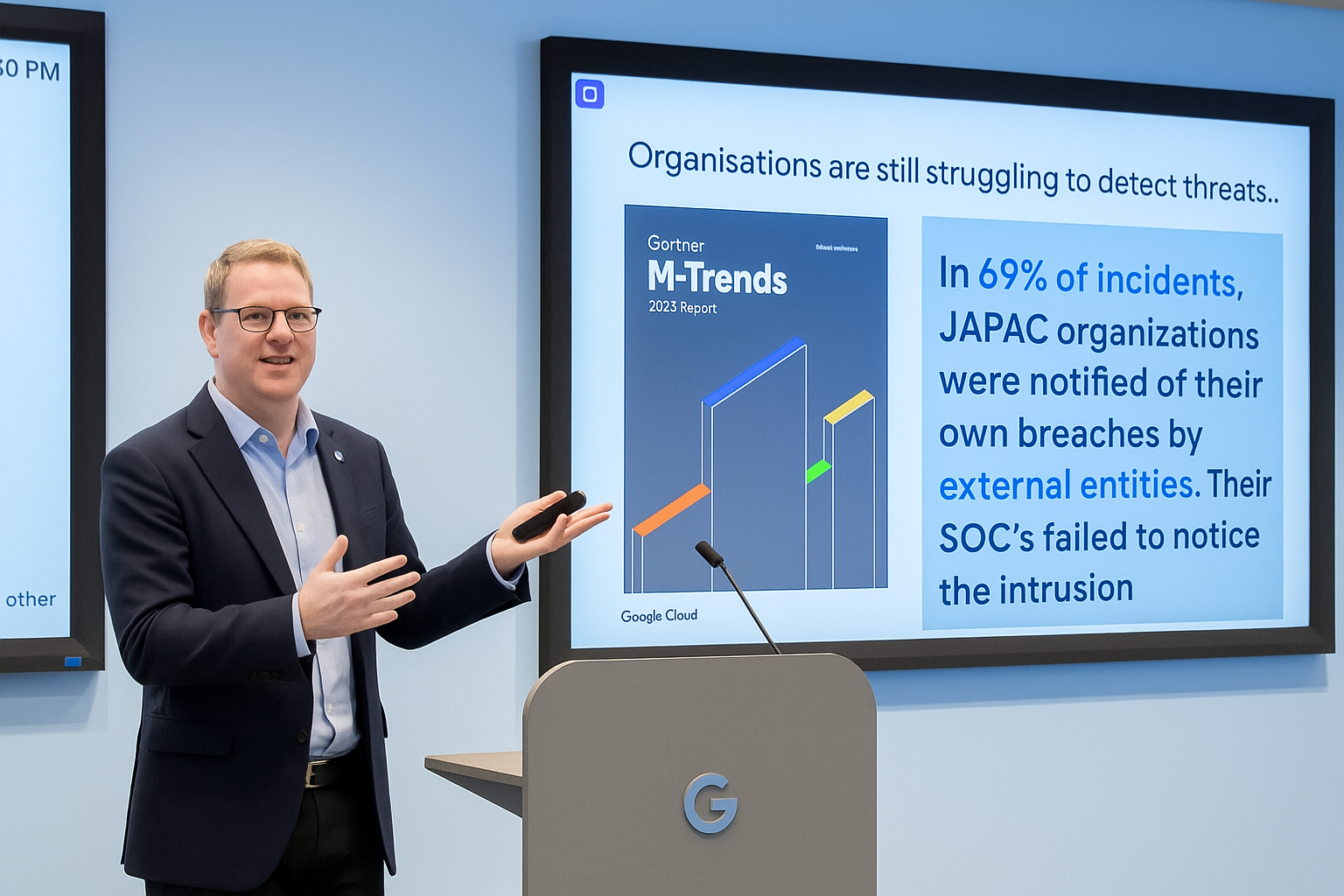The new Nvidia Blackwell chip designed for China might perform better than the H20 model.

Nvidia is developing a new AI processor for China that would be more powerful than the H20 model it already distributes there, said individuals who know the plans, according to Reuters. The processor will be built on the firm’s latest Blackwell design.
Last week, US President Donald Trump hinted that higher-end Nvidia chips could be sold in China eventually. Approval is, however, far from certain, as US officials are cautious about allowing Beijing too much access to US AI technology.
The new chip, internally called the B30A, is likely to employ a single-die design. That is, all the essential components of the chip are implemented on one piece of silicon, rather than divided into two dies as in Nvidia’s high-end B300. Individuals with knowledge of the details said this would probably impart around half the power of the B300 but keep the B30A more powerful than the H20.
Similar to the H20, the B30A will come with high-bandwidth memory and NVLink, Nvidia’s solution for transferring data at high speed between processors. While final specs aren’t yet finalized, the company is looking to ship samples to Chinese customers for testing as soon as next month.
Nvidia, in its China strategy statement, stated: “We consider a range of products for our roadmap, so we can be ready to compete to the degree governments permit. All that we supply is with the express consent of relevant authorities and intended only for positive commercial application.”
US Commerce Secretary Howard Lutnick explained to CNBC that Nvidia CEO Jensen Huang has been lobbying for approval. “Of course he would like to sell a new chip to China,” Lutnick added, noting Huang tends to make the pitch directly to the president. “The president hears from our great technology companies, and he’ll determine how he wants to play it. But the fact Jensen is selling a new chip shouldn’t be surprising to anyone.”
Disagreements between the US and China are increasing because of issues related to Nvidia chips.
The issue of how much access Chinese has to high-end AI chips is now one of the key issues of contention between Washington and Beijing. China generated 13% of Nvidia’s sales last year.
Nvidia only resumed sales of the H20 in July, having had them cut short by US regulators in April. The H20 was created in 2023 to comply with export regulations that curbed chip shipments to China.
Donald Trump recently stated that he would consider letting Nvidia sell a reduced version of its new-generation chip in China. Under a wider agreement, Nvidia and its competitor AMD agreed to pay the US government 15% of the revenue of some chip sales to China. Trump also referred to the H20 as “obsolete,” implying that a new chip aimed at China alone would provide “30% to 50% off” [sic] the processing of the flagship model.
Bipartisan Washington lawmakers claim even more diluted versions of AI chips would still provide China with a competitive edge in key sectors. Nvidia and others have replied that if they cut sales to China, customers will switch to domestic vendors such as Huawei. The latter’s latest chip models are reported to equal Nvidia’s in sheer computing capability, though analysts add Huawei is still behind in software performance and memory speed.
China’s state media jumped in with additional pressure by stating that Nvidia’s chips may pose security threats, with regulators warning Chinese companies against purchasing the H20. Nvidia dismissed the suggestion that its hardware was a threat.
A new chip is currently being developed.
In addition to the B30A, Nvidia is also developing another product solely for the Chinese market based on the Blackwell architecture but designed for AI inference operations. Sources state that the RTX6000D processor will be less expensive than the H20 with easier design and reduced specifications.
Reuters earlier reported that the RTX6000D was created to operate just below levels established by US export restrictions. It features regular GDDR memory and operates at 1,398 gigabytes per second – below the 1.4 terabyte-per-second limit established in new restrictions issued in April.
Small supplies of the RTX6000D will arrive in Chinese customers in September.
(Photo by BoliviaInteligente)
Wiz: Security issues surface as the global AI competition intensifies.
November 12, 2025
This race, according to Wiz, has caused many AI companies to overlook basic security hygiene. Wiz: Security issues surface as the global AI competition intensifies.

“Nvidia + OpenAI join forces on $100B AI chip deal.”
September 25, 2025
Nvidia + OpenAI have signed a letter of intent for a $100B partnership that could reshape how AI systems are trained and deployed. The plan

“Generative AI boosts retail growth — but at a risky price.”
September 25, 2025
The retail sector is one of the first to embrace generative AI, but a recent report indicates the security price tag it comes with. Retailers

Facing the AI Era: Will Europe’s Most Valuable Software Company Adapt to the Next Big Shift?
September 24, 2025
Europe’s strong software industry is now facing a major test, as AI is changing how big companies work and compete—facing the AI Era. SAP SE,

By 2050, AI could make schools more personal and flexible.
September 22, 2025
By 2050, AI could make schools more personal and flexible. In Ed School panel, Howard Gardner asserts technology may make ‘most cognitive aspects of mind’

UK fintech company Tide, which grows with the help of many small businesses in India, has become a unicorn (a startup worth over $1 billion) after getting investment from TPG.
September 22, 2025
U.K. fintech Tide joins the unicorn club with a new round of funding worth $120 million backed by TPG, as the startup now has over

Think of TechEx Europe as a guide to help you navigate the AI revolution. Instead of focusing on complex technical jargon, the main message is about turning big AI ideas into real, everyday business solutions.
September 22, 2025
On 24–25 September 2025, the RAI in Amsterdam hosts TechEx Europe, an event that unites 8,000+ attendees and 250+ speakers across five co-located events: AI

AI security battles
August 29, 2025
AI security battles , Can Google Cloud protect against future threats? In Google’s modern Singapore headquarters at Block 80, Level 3, Mark Johnston addressed a
Agentic AI: Opportunities, doubts, and its impact on Southeast Asia.
August 29, 2025
Agentic AI is being hyped as the fourth big wave of artificial intelligence, but its implications for business are still up for debate. Capgemini Research
Meta’s latest ultra-thin flat-panel display has the potential to revolutionize the future of screen technology.
August 26, 2025
Meta has created a new flat ultra-thin panel laser display that may pave the way for lighter, more immersive augmented reality (AR) glasses and enhanced